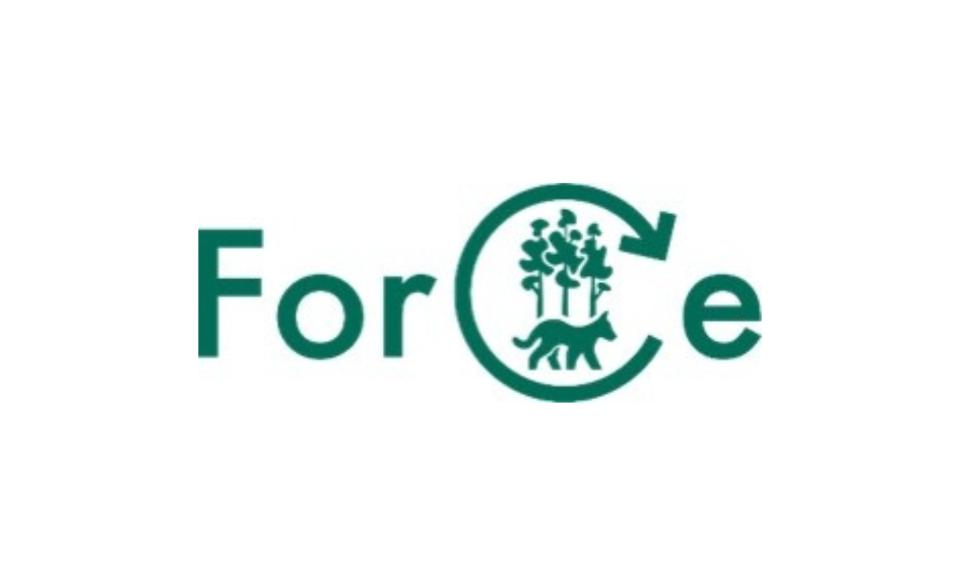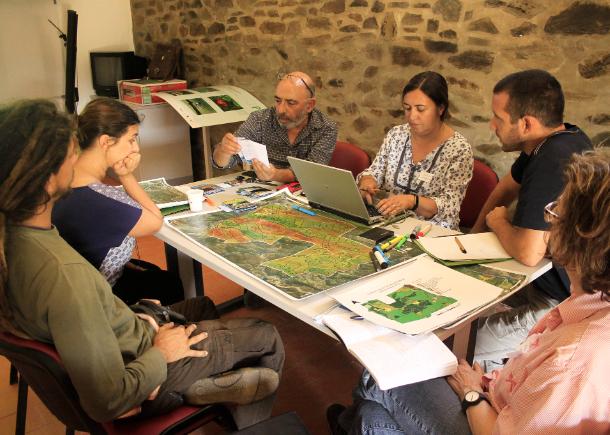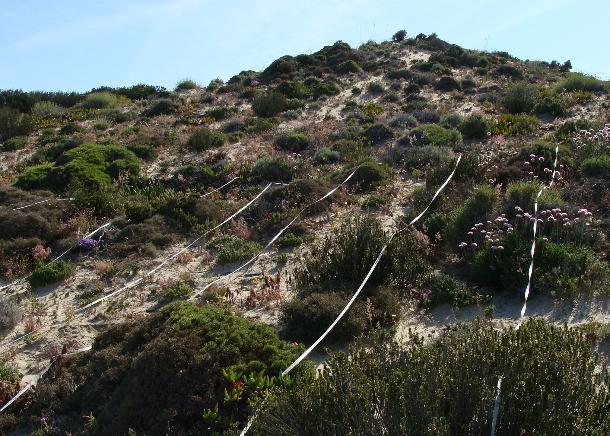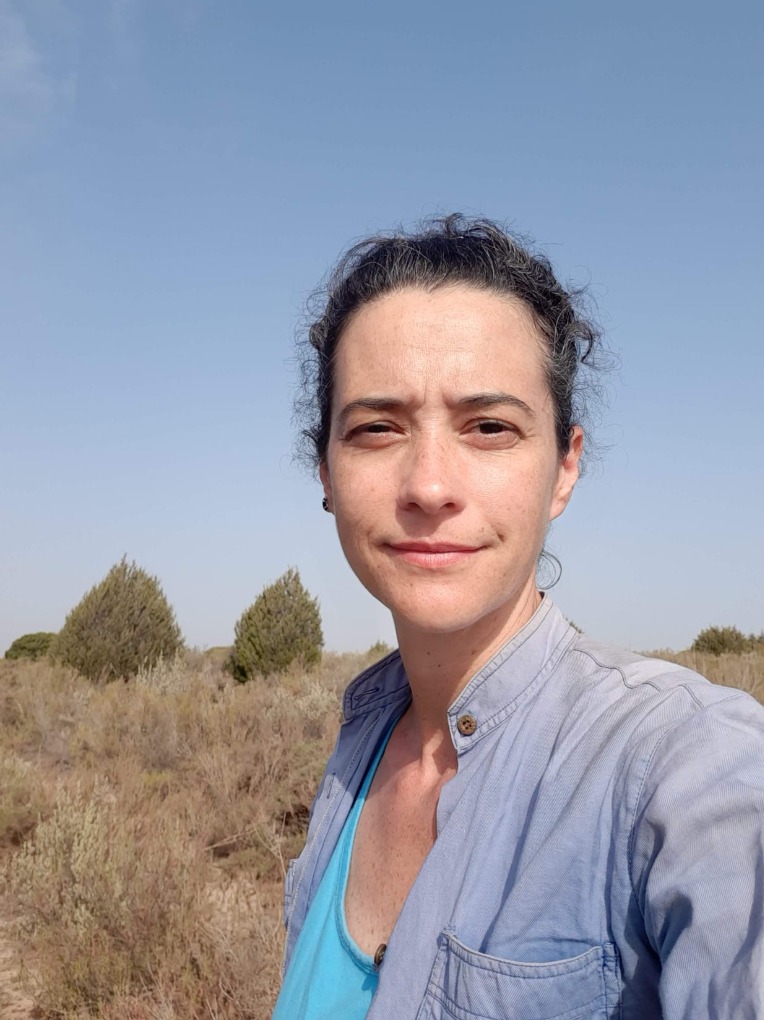
Summary:
The main objective of ForCe is to understand if Forest Certification (FC) can foster forestry plantation’s functional and conservation role for vertebrates, and thus its environmental sustainability. ForCe aim to: 1) assess the efficacy of FSC certification to promote EP’s use by different vertebrate groups and as a tool to assure biodiversity persistence; 2) understand how the structure, composition, and landscape configuration of EP affect its ecological role for mammals; 3) determine the small-scale movement and activity patterns of mammals in EP; 4) assess certified EP effects on individual fitness; 5) understand the motivations and attitudes towards FC – from managers to the general public; 6) produce guidelines to promote the compatibilization of conservation values and production profitability.
ForCe will answer the following research questions:
1. Are certified EP hosting higher vertebrate biodiversity than non-certified EP?
2. What resources are used by mammals and which activities they perform in certified and non-certified EP (foraging, traveling, resting, breeding)?
3. How do EP age, configuration, structure and management activities (FC) affect vertebrate biodiversity and their intensity of use of EP?
4. What are the effects of EP and FC on mammal’s body condition, cortisol, and parasitism levels?
5. What are the manager’s motivations to implement FC?
Keywords:
Eucalyptus plantations; Vertebrate diversity; Mammal spatio-temporal ecology; Forest certification
Funding Institution:
Fundação para a Ciência e Tecnologia.
Partners:
CESAM/University of Aveiro (Portugal), Federal University of Amapá - UNIFAP (Brazil), Institute for Scientific and Technological Research of the Amapá State - IEPA (Brazil) and University of Zurich - UZ (Switzerland).














